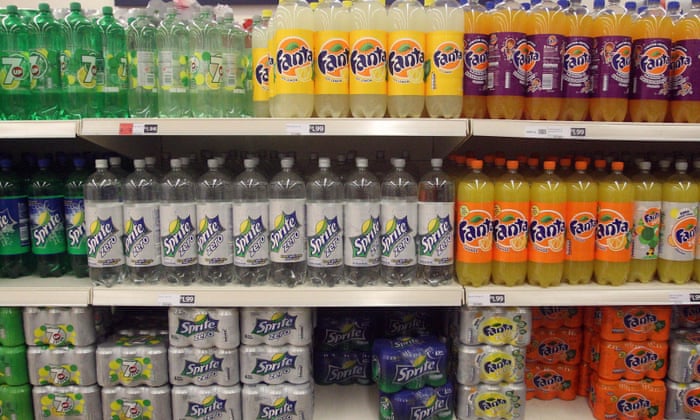Drinking a can of diet soft drink a day associated with almost three times higher risk, say researchers – but critics warn against causal connection

Consuming a can a day of low- or no-sugar soft drink is associated with a much higher risk of having a stroke or developing dementia, researchers claim.
Their findings have prompted renewed questions about whether drinks flavoured with artificial sweeteners can increase the risk of serious illness, as heavily sugared drinks have already been shown to do.
“Drinking at least one artificially sweetened beverage daily was associated with almost three times the risk of developing stroke or dementia compared to those who drank artificially sweetened beverages less than once a week,” according to the American researchers who carried out a study published in Stroke, the journal of the American Heart Association.
“After adjustments for age, sex, education (for analysis of dementia), calorific intake, diet quality, physical activity and smoking, higher recent and higher cumulative intake of artificially sweetened soft drinks were associated with an increased risk of ischaemic stroke, all-cause dementia and Alzheimer’s disease dementia,” the co-authors write.
Those consuming at least a can of so-called diet drinks every day were 2.96 times more likely to suffer an ischaemic stroke and 2.89 times more likely to develop Alzheimer’s disease than those who drank them less than once a week, they found.
Ischaemic strokes occur when blood cannot get to the brain because of a blockage, often one caused by a blood clot forming in either an artery leading to the brain or inside a vein in the brain itself. They comprise the large majority of the 152,0000 strokes a year which occur.
Surprisingly, though, the research also contradicted previous studies by finding that sugared drinks did not raise the risk of either serious outcome. It is based on data for more than 4,300 participants in the Framingham Heart Study, a long-term medical research project in the United States.
Read more here.


















